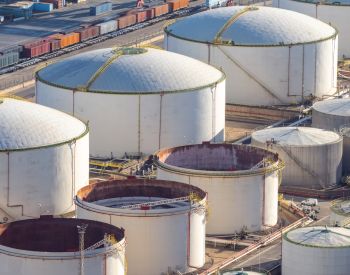Client
Nordic Owners Group (NOG)
Asset
Boiling Water Reactor (BWR) plant
Project focus
Extreme water levels in the Baltic Sea and Skagerrak Strait and a methodology to analyse the consequences of multiple external events
Client Challenge
Following Fukushima, the safety of all EU nuclear power plants was reviewed. Focus was placed on evaluating a plant’s response to ‘beyond design-basis events’, including the consequences of natural disasters. Safety margin evaluations were also reassessed. Partnering with industry experts, Westinghouse, we supported the Nordic Owners Group (NOG) of Boiling Water Reactor (BWR) plant owners in Finland and Sweden to address these developments. Our client needed to understand the potential effects of external flooding and other extreme natural events on their BWR plants.
The first task was a review of existing analyses. The objective was to identify and re-evaluate assumptions and simplifications in previous analyses. These may have hidden important event aspects that now needed to be addressed. Additional analyses were performed with different approaches, providing future benchmarks.
How we helped
We led two sub-projects within the framework of the larger project. Our work focused on:
- evaluating the relevance of the existing analyses on extreme water levels in the Baltic Sea and Skagerrak Strait, based on extreme value analysis of sea level measurement series for a period of 30 to 110 years
- proposing a methodology to analyse multiple external events.
Insight
Extreme water levels
We also looked at historically observed extreme high sea level events from around the year 1000 until the present day. Several events with sea levels of 3m or more above average had occurred, but these had not formed part of previous analysis. In addition, we improved the description of the development and duration of extreme water levels, and carried out a survey of potential medium-term impacts of climate change.
Methodology for multiple external event analysis
We proposed a screening methodology to conduct deterministic analyses of how often specified events may occur and the magnitude of their consequences. The focus was on a combination of external events coming together at one time. This solution was informed by our previous experience of performing Probabilistic Safety Assessments (PSAs).
This project was carried out by Lloyd’s Register (LR) Energy, prior to the strategic carve out of the LR Energy business in 2020, which is now Vysus Group.


